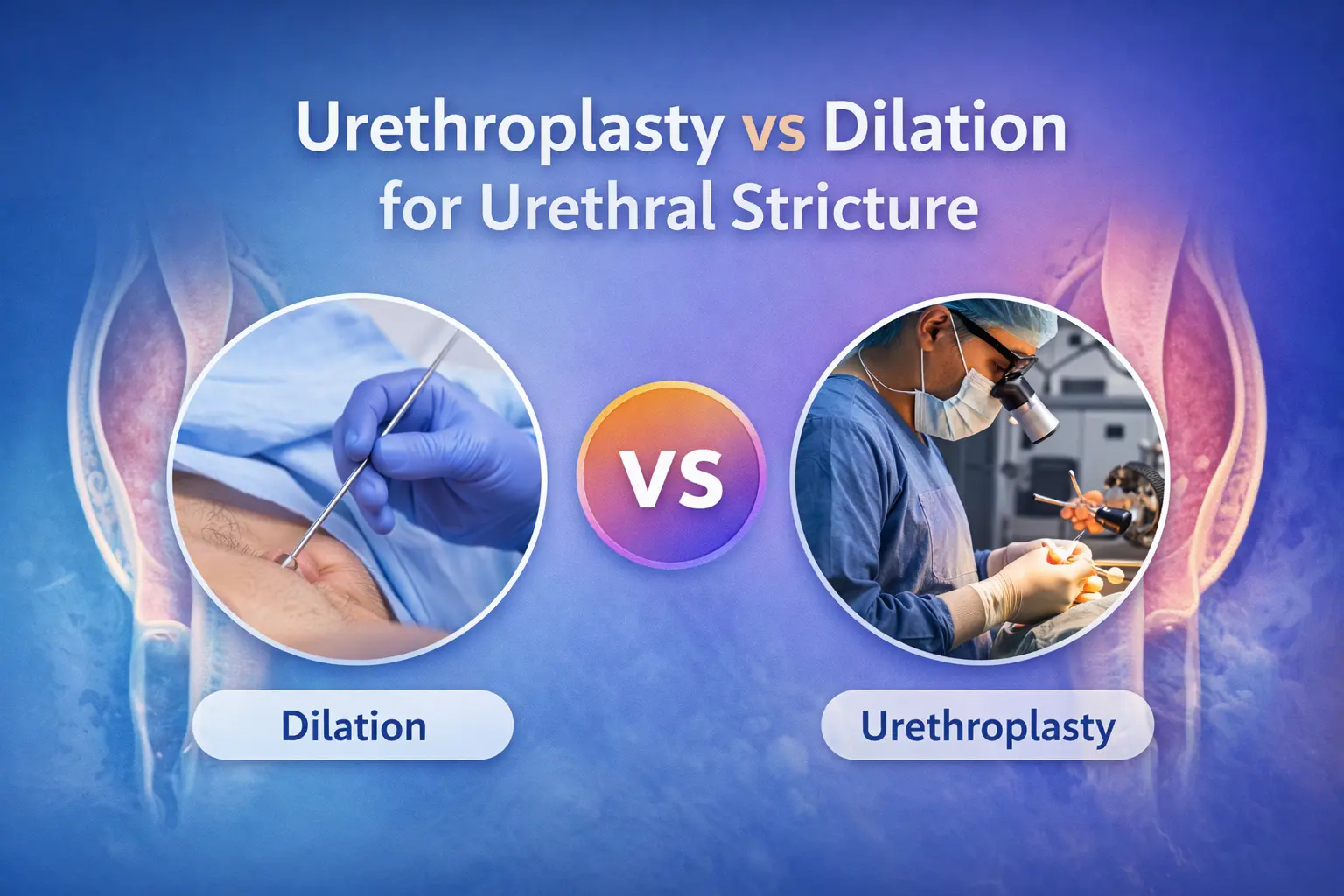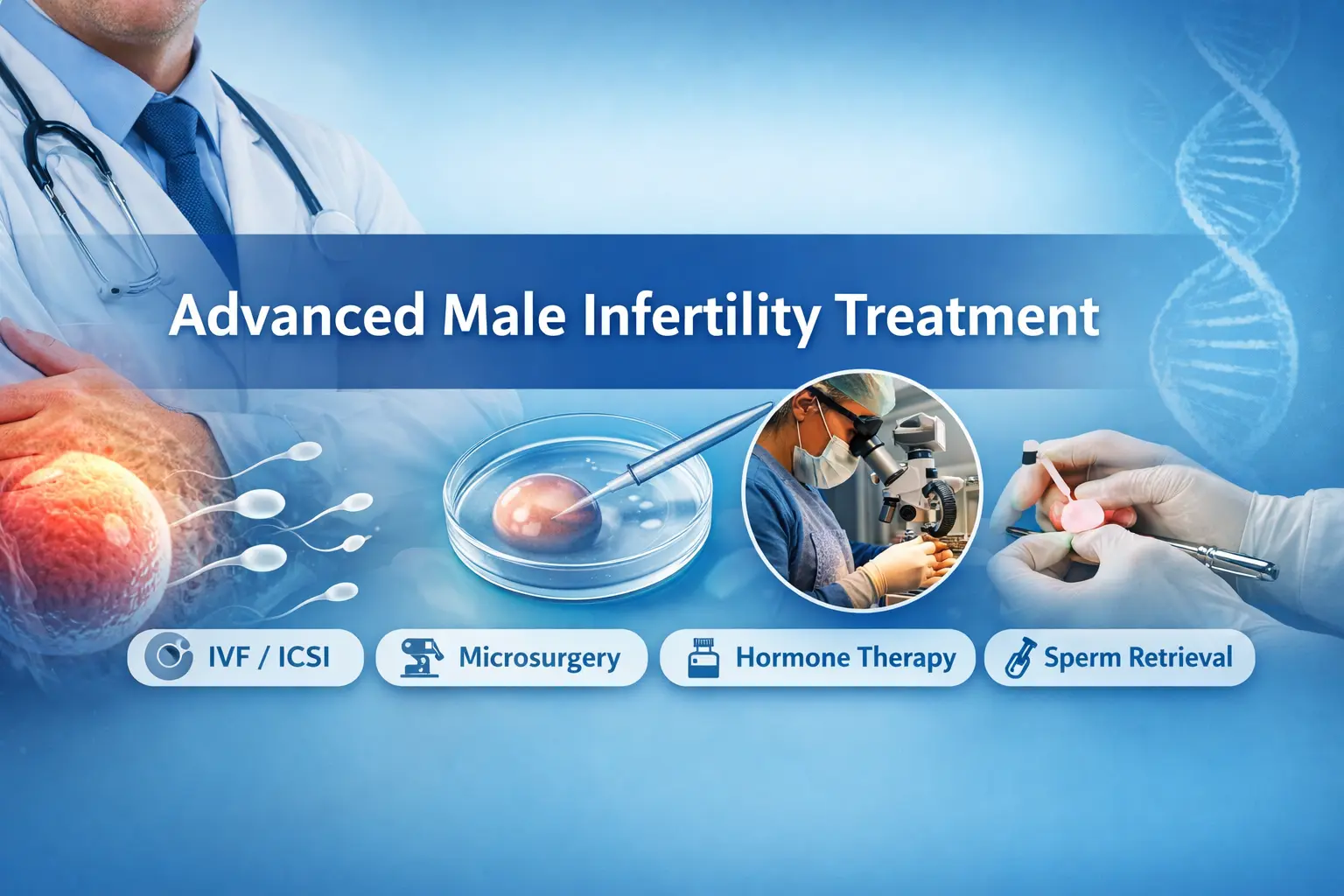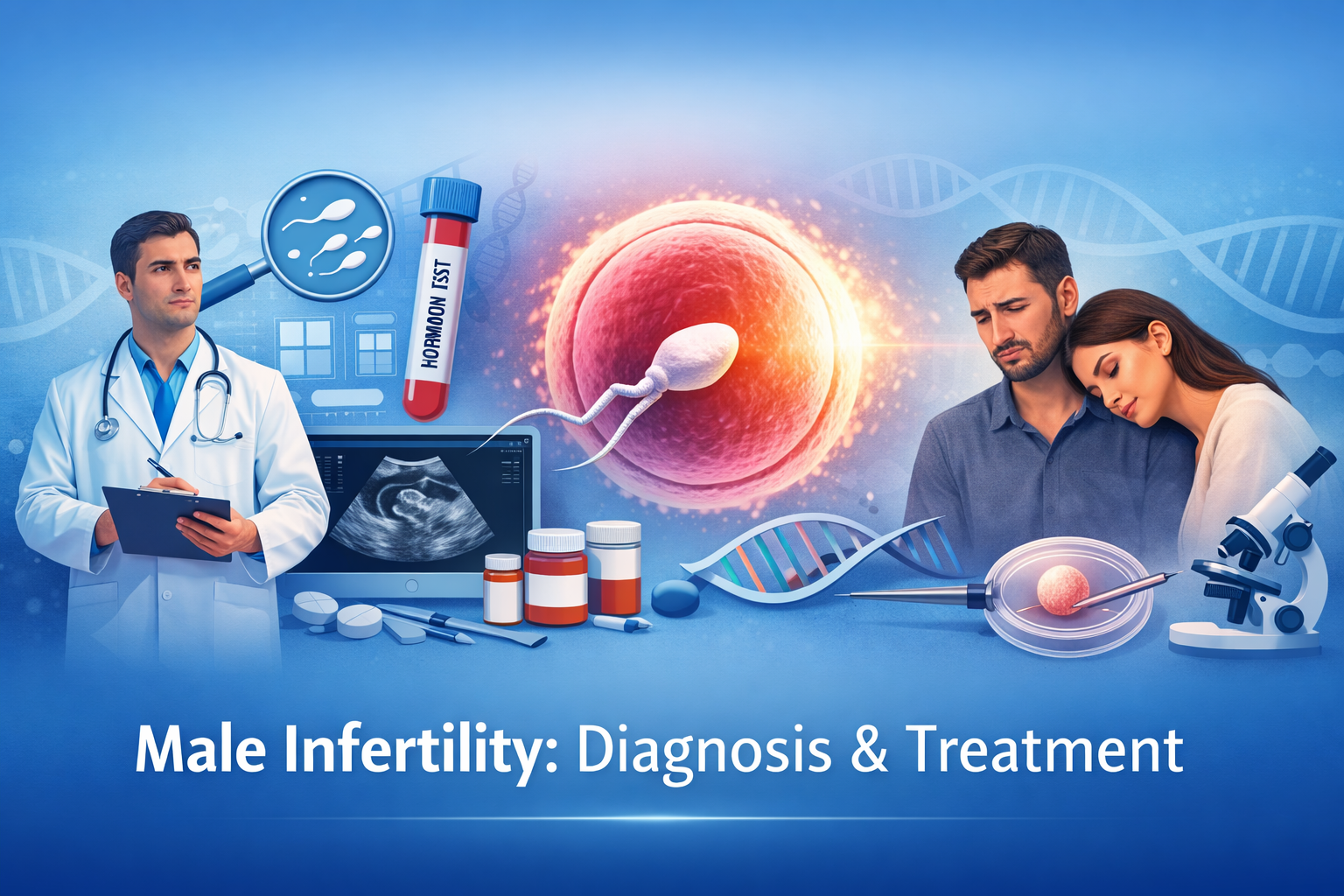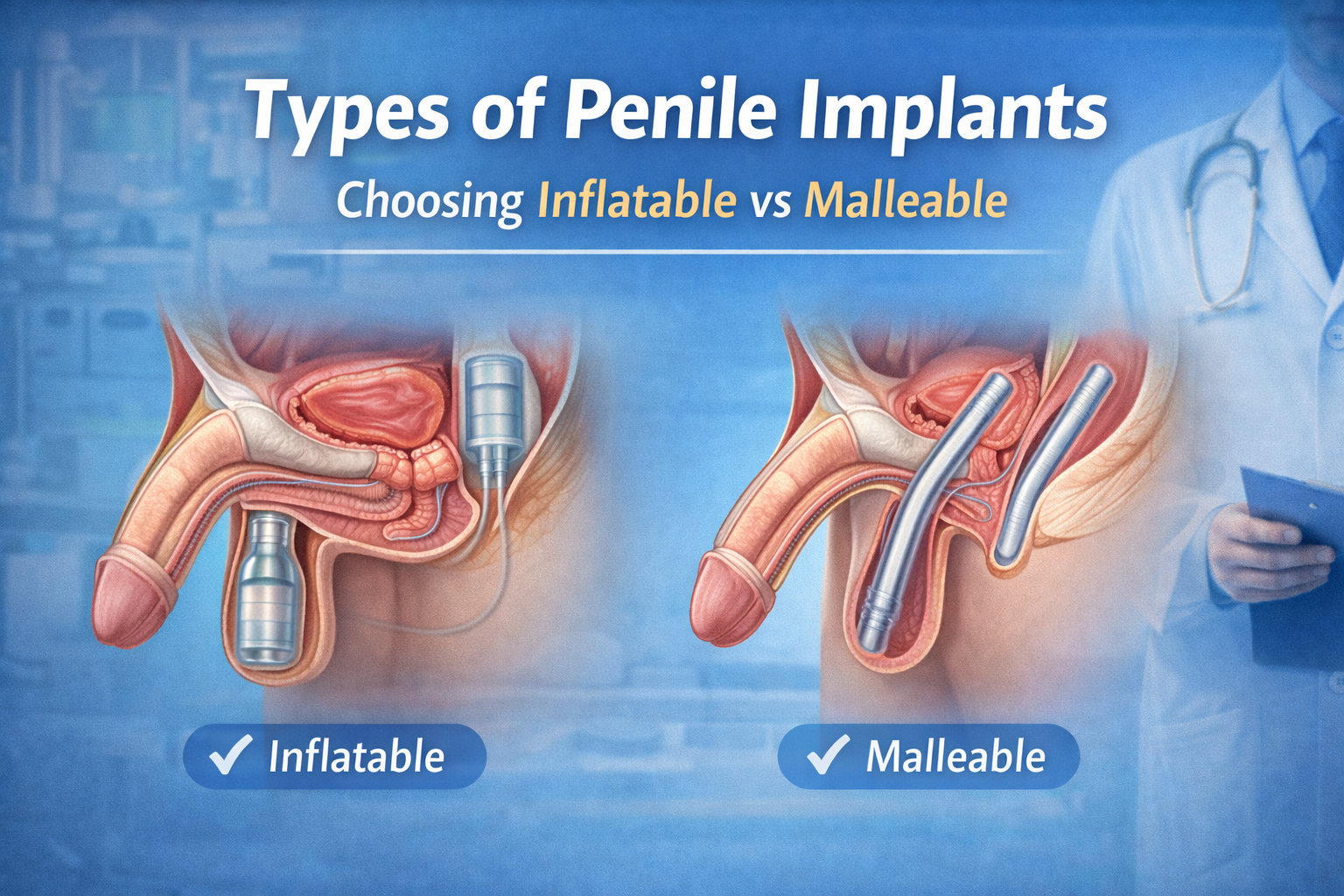

The human body is quite complex, with various organs that help it to function smoothly. Where the heart helps to pump the blood, your kidneys help in cleansing your body. But what if one of these organs faces some or the other issue? Well, that is going to impact your body as a whole. Kidney cancer is one such case that can adversely impact the human body.
However, with time, various kidney cancer treatment options have come into existence. Though presently, there is no cure for kidney cancer nature that can lead to a complete cure, there are natural remedies that may help improve the patient’s quality of life after cancer has been treated.
These treatment options, such as integrative and complementary systems, are more accessible to recommend. They can be used as adjuncts to conventional kidney cancer treatments, which include surgery, targeted therapy, and immune checkpoint inhibitors. Additionally, counseling patients on changes in their diets and recommending supplements can help reduce the side effects of the treatments that are given for kidney cancer.
In this article, let us explore the details of kidney cancer treatment.
Kidney Cancer and Its Types
Kidney cancer refers to the abnormal growth of cells in the kidney tissue that form a tumor. Now, this is also known as the renal cancer. When kidney cancer starts to spread to other body organs apart from your kidney, it is known as metastasis.
[embed]https://youtu.be/6hOvM1odcBE?si=PUsXF_mAUr54RHcd[/embed]
Based on the intensity of the cancer, there are four stages that you should be aware of. These are:
Stage I is where the tumor is 7 cm or less and is only present in your kidney.
Stage II is where the tumor is more than 7cm but is still only in the kidney.
Stage III is when the cancer has spread to the renal vein, inferior vena cava, and some of the lymph modes.
Stage IV is where your adrenal gland and the distant lymph nodes are impacted due to cancer.
As per statistics shared by World Cancer Research Fund International, it is the 14th most common variant of cancer in the world. When it comes to the types of kidney cancer, here are the 4 variants that you should know about:
1] Renal cell carcinoma (RCC)
This is the most common one. Here, usually, a single tumor is developed in one of the kidneys. It can affect both the kidneys and starts with the cells in the kidney’s tubules. Most of the time it does not spread to any other organs. But in a few cases, it is seen to spread to bones, lungs, or brain.
2] Transitional cell cancer
This is one of the rare forms of kidney cancer and usually starts in the area where your ureter joins (renal pelvis) with the primary part of your kidney. Sometimes, this can occur in the ureters or bladder as well.
3] Renal Sarcoma
This is quite a rare form of kidney cancer, with quite a few cases in the world. It starts in the joining tissues of your kidneys and, if left untreated for a while, will spread to nearby organs and even your bones.
4] Wilms tumor
While kidney cancer is not common in kids, but this is one that usually occurs in kids only. Usually, there is only one tumor, but in certain cases, tumors can be present in both kidneys. Additionally, there are chances that more than one cancerous spot is there in this case.
Starting kidney cancer treatment on time can help you from getting into a worse situation. But at the same time, it is important to know the common symptoms and causes of kidney cancer.
Symptoms of Kidney Cancer
Most commonly, the symptoms of kidney cancer are quite subtle. There are chances that you might not get the symptoms until the condition has got worse or has reached the next level. This is one of the reasons that make kidney cancer a severe condition.
However, being aware of the potential signs can help in early detection. This is quite crucial for effective treatment. Some of the common symptoms that you should be aware of are as follows:
Blood in urine
Persistent back pain
Mass or lump in the abdomen
Fatigue
Unexplained weight loss
Intermittent fevers
Swelling in legs or ankles
While these aree the common symptoms, there are chances that you might have some lesser-known symptoms associated with these. Some of them are:
Fever
Night sweats
Loss of appetite
High blood pressure
Anemia
Paleness
Shortness of breath
A general sense of not feeling well
Causes of Kidney Cancer
While exploring kidney cancer treatment is important, it is equally important to know the common causes of the same. So, here are the primary reasons why you can have kidney cancer:
Smoking
High blood pressure
Gene Mutation
Obesity
Poor diet
Being on long-term kidney dialysis
Heredity
Exposure to chlorinated chemicals
Tuberous sclerosis
von Hippel-Lindau disease (VHL)
Diagnosis of Kidney Cancer
If you are experiencing any one of the symptoms linked to kidney cancer, then it is time to connect with your medical expert. With some tests and examination, the doctor will be able to tell you whether you have cancer or not. The common diagnosis methods that are used are as follows:
Urinalysis
Blood test
CT Scan
MRI
Ultrasound
Renal mass biopsy
Now that you have known the causes, symptoms, and diagnosis, understanding the treatment options is equally important.
Treatments for Kidney Cancer
While advances in molecular targeted agents and immunotherapies have emerged in recent years, surgery, chemotherapy, and targeted therapies remain the standard treatment of kidney cancer. Most of the specialist in kidney cancer in Delhi usually use the following methods to help you with the cancer treatment.
1] Surgery
Surgery is still considered the first-line approach to managing kidney cancer. Kidney surgery, commonly referred to as Nephrectomy, is a rapidly evolving field of surgery thanks to laparoscopic and robotic assistance. Two types of surgeries include:
Partial one is where the part of the kidney with the tumor is removed.
Radical one, where the entire kidney is removed. Here, some additional lymph nodes might be removed to save you from adverse impact.
2] Immunotherapy
There is rapidly changing how kidney cancer is treated by using cancer-fighting cells in the body. Immunological checkpoints help prevent the immune system’s overactivity, suppressing the cancer cells. These checkpoint inhibitors remove the brake, thus leading to a better attack on the cancer cells. It enhances the mean survival rates and improves the quality of life by helping you boost your immune system.
3] Chemotherapy
Chemotherapy is not preferential for treating kidney cancer but may be employed under certain conditions. It is usually undertaken after the immunotherapy is done. This can be in the form of direct medication or can be administered through a vein as well.
4] Targeted Therapies
Targeted therapies specifically target all the pathways of cancer cells. It then decelerates tumor growth but has minimal impact on normal cells. This treatment is more impactful after the surgery as the form of kidney cancer treatment is already done.
5] Radiation Therapy
The kidney cancer specialist in Delhi usually suggests this when the aim is to ease the pain of kidney cancer. This is one of the treatment options that is applied when you have either one kidney or if you cannot undergo the surgery.
6] Ablation
Under this, the heat and cold combination is used to destroy the cancer cells. This treatment path is adopted when the patient is not eligible to undergo the surgery. There are two types of this which are:
- Cryoablation is where the cancer cells in the kidney are frozen by injection of cold gas with the help of the injection.
- Radiofrequency ablation is where an electric current is passed through the kidney tumor with the help of a needle to break the cancer cells and destroy them.
Apart from the above, a few complimentary and integrative medicines are also developed for the treatment of kidney cancer.
Complementary and Integrative Medicine
Complementary therapy differs from integrative therapy because it is utilized with traditional medical treatment to supplement the plan. Such approaches are intended to improve the patient’s quality of life and support them in coping with the side effects of further tumor therapy.
The ACS explains that these interventions can be helpful in that they can address a range of issues associated with cancer treatment and symptoms. Combining these therapies with mainstream treatments benefits the patient, providing a middle-ground approach to patient care, which might enhance treatment efficacy and increment the patient's quality of life under kidney cancer treatment.
Holistic Approaches to Kidney Cancer Treatment
Apart from the generic kidney cancer treatments, certain simple holistic approaches can be taken which are:
Include fruits, vegetables, and whole grains to boost the immune system and aid recovery.
Use meditation and yoga to relieve stress, anxiety, and depression.
Employ acupuncture and massage to alleviate pain, inflammation, and discomfort.
Consult healthcare providers before using herbal supplements to avoid drug interactions.
Integrate prescribed exercises to build strength, reduce fatigue, and enhance life satisfaction.
While these are important, at the same time, there are a few precautions that you must take when you are undergoing kidney cancer treatment.
Precautions During Kidney Cancer Treatment
During kidney cancer treatment, patients often become more susceptible to infections, necessitating extra care in food preparation and handling. Here are essential tips to stay safe and minimize infection risks:
Avoid unpasteurized products to reduce the risk of food poisoning.
Skip raw fish and shellfish due to the risk of infection from pathogenic bacteria.
Practice good hand hygiene.
Maintain proper food temperatures to ensure food safety and prevent bacterial growth.
Conclusion
Tackling kidney cancer requires a multifaceted approach. By combining surgery, immunotherapy, and other medical interventions with supportive therapies such as dietary adjustments, stress-reduction techniques, and physical activity, patients can enhance their quality of life and potentially improve their overall outcomes.
Additionally, always consult with a kidney cancer specialist in Delhi to receive personalized care and the most effective treatment strategies tailored to your specific needs. This will ensure that you get the right treatment but also will also help you lead a better life.
FAQ
Is Cancer in the Kidney Curable?
The possibility of treatment for kidney cancer is directly linked to the stage and degree of the tumor. However, if it is diagnosed in time, cancer can be localized to the kidney, thereby reducing the adverse effects.
What Is the Best Treatment for Kidney Cancer?
The best kidney cancer treatment option includes surgery. This will ensure that the affected part is removed so that further spread can be stopped.
What Is the Diagnostic Test for Kidney Tumors?
The most common tests for the diagnosis of a kidney tumor include ultrasound, CT scan, MRI, blood test, and urinalysis. In severe cases, there might be a need for a biopsy.
What Is the Most Effective Treatment for Kidney Cancer?
In the case of the kidney that has not reached its other stages, doctors will perform surgery. After surgery, immunotherapy may be prescribed depending on the risk of cancer recurrence. Sometimes, the traditional operation may be replaced by other procedures to help overcome the condition.
What Is the Recovery Time for Kidney Cancer?
After kidney cancer surgical treatment, early return to work is possible, and the common worst tiredness related to the illness should last 6 weeks.






